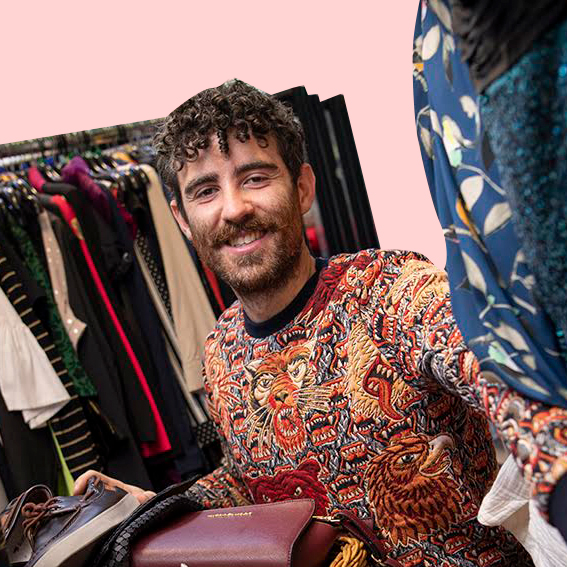Changemakers in Europe
From climate change to racial justice, young changemakers in Europe are rallying for a just, sustainable and equitable future. Often pioneers in their sector, these young and ambitious entrepreneurs are applying fresh ways of thinking to some of the world’s most pressing problems.
The Possibilists Europe is a report about their impact, needs and challenges.
The three key elements of this report
See an executive summary of the report, press release, visuals and more here
This special European edition of The Possibilists is supported by:

What changemakers in Europe work on and why
When asked to think about their work within the SDG framework, the three main focus areas are:
Quality education
58%Reduced inequalities
42%Good health and well-being
35%Distribution across SDGs
Distribution across SDGs
Our study found that most young social innovators focus on education, seeing it as major lever for reducing inequalities and creating change.
What they work on and why
The 3 main motivators for their work are to:
Main motivation for developing the initiative
Young social innovators are not primarily driven by their own employment needs and wishes, but rather by an intrinsic desire to improve the lives of others on a global and local scale.
Young changemakers are resilient, innovative and intrinsically motivated to change the world. But at what cost?
Young changemakers are sacrificing their personal finances and well-being to make a change in the world. The situation demands urgent attention.
The key challenges young changemakers face are
Let’s take a closer look at some of the key challenges.
Financial Insecurity
Only 19% of young changemakers in Europe can cover all of their necessary expenses by working on their initiative. While this proportion is low, it is twice as high as what changemakers around the world report, as the global average is only 9%.
58% of young European changemakers cannot compensate themselves at all or can only pay themselves a small token amount, compared to 66% at the global level. This figure is higher for respondents under 20 (78%) and in the first half of their twenties (77%) and for those who lead an initiative in the start-up stage (77%). This goes to show that the youngest social innovators with initiatives in the early stages are the most vulnerable to financial difficulty.
Because we work not purely for the money, but to drive social impact and to drive positive change, I get the impression that we aren’t supposed to care about money, that we’re supposed to work ourselves into the ground for meager pay and constantly stress out trying to fundraise. It took me a while to remove myself from this line of thinking and to better align myself with a mindset of knowing my worth.
A Closer Look
Location
Ireland
Initiative
Thriftify is the online charity shop that connects ethical sources of used goods with consumers who care. Each year the charity retail sector receives over 3 billion used garments – by enabling this sector to sell online, they are aiming to disrupt the fashion industry for the better.
Tell us about your funding journey – how has it impacted you and or your work?
Funding has been our biggest struggle. We barely got by on small grants and awards for 2-3 years before we were able to raise capital. This came at a great personal and financial cost to our founders – including lost income, lost time in being able to purchase a home and raise families. There isn’t enough funding for early stage ideas. If we had gotten more funding early on, there is no doubt that our impact would be much larger than it is today.
Multiple Simultaneous Responsibilities
78% of young changemakers have other ongoing professional commitments in addition to their initiatives.
Work, studies, volunteering and activism. These are all common simultaneous pursuits for today’s youth. Young social innovators want to be engaged in their communities, while continuously learning and growing as individuals. Many work and study at the same time, and hold various volunteer positions. That said, their overachiever tendencies are also rooted in their financial strife and the need to supplement their income in order to cover their living costs. The tensions between this urge to learn and contribute and the need to provide for themselves take a significant toll on their overall well-being, as they find themselves stretched thin and struggling to find a healthy balance. Additionally, societal expectations around youth are starting to normalize this juggling act that increases pressure on them to perform.
Prone to
Burnout
61% of respondents report having felt completely burned out, even being in need of help, or having had one or more symptoms of burnout.
78% of young social innovators in the study reported needing support in increasing their well-being.
“The impact of stress has been immense. I have suffered a loss in my productivity and creativity. I notice myself feeling hopeless and when it all becomes too much, sometimes I just want to stop trying to save the world and go live in the woods!"
For young social innovators who self-identify as part of a marginalized group these challenges are amplified
Underrepresented Individuals in Focus
The discrimination criteria upon which over a quarter of our respondents recognize themselves as members of marginalized groups are gender, sexual orientation (LGBTQIA+), being young, having a refugee or migrant background, belonging to a specific race or ethnicity, and/or their religious affiliation. Young social innovators also feel marginalized based on their limited financial resources, on coming from a non-academic background and being the first generation to access education in their family. Health is also an element that makes them feel vulnerable, either due to physical disability or due to mental health issues. Coming from the youth care system, for instance orphanages, was also mentioned as a source of marginalization.
The gender pay gap is present, even in the social impact sector. Women are 15% less likely to be able to compensate themselves financially than their male counterparts. European men, aged 31-35, enjoy the highest levels of financial security when compared to their global peers.
Burnout levels are higher among women (65%), compared to those of men (52%). Additionally, young social innovators who identify as belonging to a marginalized group perceive a greater risk of burnout than their peers (62% vs 52%) and are more likely to have suffered from it (65% vs 58%).
Social entrepreneurs who identify as underrepresented also feel less connected to local support networks. Instead, they feel more represented and more anchored in international networks. This highlights the need to further develop and strengthen local support networks, while also maintaining the high levels of trust in international communities.
People have questioned the validity of my work, or if exceptionally-produced work was capable of being put together by “someone like me.” From meeting with funders to pitches and presentations of my work, I have been met with comments that remind me that I operate in spaces where representation of black women is limited.
Recommendations from the changemakers
Whats needed: For Social Innovators
A strong personal network
and access to thought-leaders.
The most relevant personal needs for young social innovators relate to skills, knowledge, networking and visibility. Respondents consider the following to be the top three important factors: connections with relevant people (93%), mentoring from more senior changemakers and from advisors (89%), gaining recognition, visibility and credibility for their work (89%).
Personal financial resources. 87% of respondents said that financial resources for them personally would be one of the most important factors for success.
Skills development and peer-to-peer learning.
European young changemakers value the development of specific skills for the initiative (84%) and peer-to-peer learning at the international (81%) and local level (79%).
Whats needed: For Initiatives
Financial stability of the initiative and general well-being of the team.
93% of respondents report ensuring the financial health of the initiative as one of the most pressing needs. Young changemakers also value the general well-being of the team as important (92%).
Increasing the impact of the initiative.
Most of respondents consider important needs ensuring the quality of services (92%), increasing the impact and scaling (92%), and increasing their capacity to describe the impact (90%) of their initiative.
Credibility and access to resources and connections.
89% of respondents said that gaining recognition, visibility and legitimacy and access to funding – perhaps as a result of legitimacy – was very important for their initiative. 88% stated that collaboration with other projects was an important need for success, and 87% said access to specific knowledge and skill development were very important for the overall success of their venture.
So how can we support Possibilists to go from surviving to really thriving?
Recommendations
In order to improve the lives of changemakers, strengthen their ventures and further develop the change-making ecosystem, we urge funders and policy makers to consider the following:
Recommendations
Support Networks play a vital role in improving the conditions for young changemakers. We kindly ask them to consider the following:
Who we are
Initiated by ChangemakerXchange, The Possibilists is an alliance of 16 of the world’s largest youth social innovation networks. They have a combined total reach of thousands of young changemakers, activists and startup social entrepreneurs globally. Together we deliver real insights into the lives and work of changemakers and co-create systemic solutions to improve the conditions for Possibilists everywhere.
Three steps we aim to take now
With all their passion, commitment and creativity, imagine what young changemakers could do if they were supported in really meaningful ways.
To that end we have launched the Ecosystem Solutions Initiative.
Voices from around the world
Young changemakers around the world are willing to take on the world’s greatest challenges to create a better future, but they can’t do it alone. It’s time for all of us to step up!



